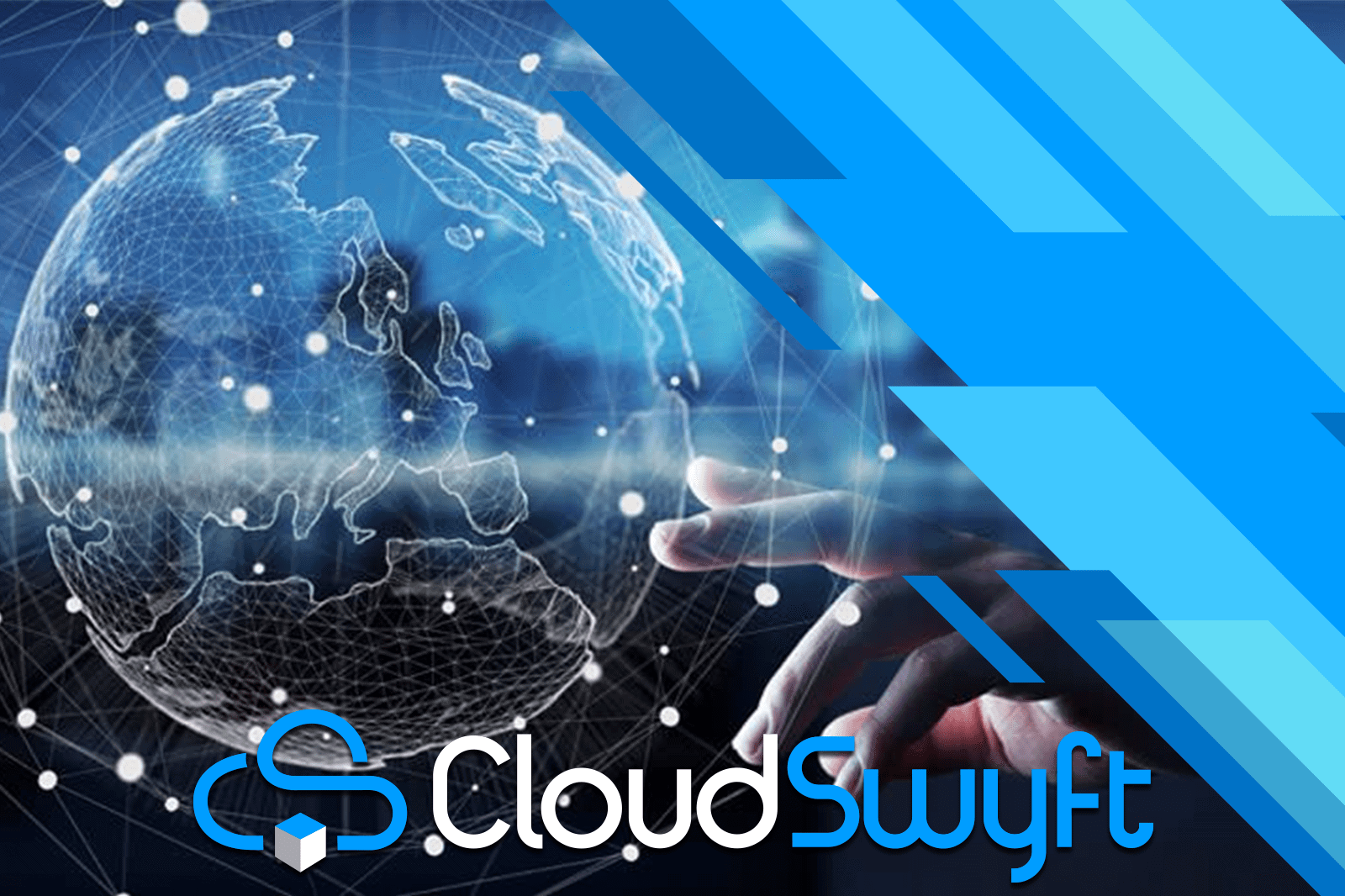About this course
Are you ready to help your business begin realizing the business benefits promised by the Internet of Things revolution? Do you want to discover the hidden insights waiting in your business data?
In this course, you will learn how to make the most of your live-stream and historical telemetry data that is being produced by the IoT devices and sensors that support your business.
Please Note: Learners who successfully complete this course can earn a CloudSwyft digital certificate and skill badge - these are detailed, secure and blockchain authenticated credentials that profile the knowledge and skills you’ve acquired in this course.
What You’lll Learn:
After completing this course, students will be able to:
- Describe typical telemetry data produced by Azure IoT devices
- Explain various strategies for analyzing IoT data
- Explain the differences between warm and cold storage and how each technology is best used
- Describe how Azure Data Lake can be used for cold storage
- Explain the process for processing IoT data with IoT Hub, Data Lake Analytics, and Data Lake Storage
- Understand strategies for querying and analyzing Azure Data Lake data sets
- Identify the benefits of warm storage
- Identify operational vs. archive data sets from IoT
- Provision and configure Azure Cosmos DB
- Integrate Azure Cosmos DB with Azure Stream Analytics
- Write IoT data into Cosmos DB as Warm Storage
- Query Cosmos DB for IoT data
- Explain the role of IoT Edge devices in analyzing and acting on telemetry data
- Describe use cases for running analytics on edge devices
- Modify web-based stream analytics jobs for edge deployment
- Deploy analytics jobs onto edge devices
- Deploy other analytics code onto edge devices
- Combine streaming data with reference data in queries
- Write queries with different types of time windows
- Chain together streaming analytics jobs, to allow more sophisticated inputs and outputs
- Combine warm and cold storage strategies with edge analytics and strategies to quickly react to telemetry data
- Describe options for performing device management tasks, based on real-time data
Course Syllabus
This course is completely lab-based. There are no lectures or required reading sections. All of the learning content that you will need is embedded directly into the labs, right where and when you need it. Introductions to tools and technologies, references to additional content, video demonstrations, and code explanations are all built into the labs.
Some assessment questions will be presented during the labs. These questions will help you to prepare for the final assessment.
The course includes four modules, each of which contains two or more lab activities. The lab outline is provided below.
Module 1: IoT Analytics and Cold Storage
- Lab 1: Configuring the Wind Farm Simulator
- Lab 2: Getting Started with Data Lake Storage and Analytics
Module 2: Warm Storage
- Lab 1: Getting Started with Warm Storage
- Lab 2: Implementing Business System Integration
Module 3: Analytics on the Edge
- Lab 1: Getting Started with IoT Edge
- Lab 2: Implementing Analytics on the Edge
- Lab 3: Deploying an Azure Function to the IoT Edge
Module 4: Advanced Analytics
- Lab 1: Constructing Analytics Queries
- Lab 2: Managing Analytics Topologies
- Lab 3: Device Management and Analytics
Prerequisites
Students should understand the following:
- How IoT is used to achieve business goals
- How to establish 2-way communication between devices (either real or simulated) and the IoT Hub.
Course Staff
Chris Howd
Engineer and Software Developer
Microsoft
Chris is an engineer and software developer who has been working at Microsoft in various roles for the past 15 years. Before coming to Microsoft, Chris worked for the U.S. Department of Defense designing and developing computer controlled instrumentation and robotic systems, and was a self-employed contractor doing engineering research with NASA and select engineering start-ups.
Rob Collins
Founder and lead consultant
RCP Consultants
Rob Collins is founder and lead consultant at RCP Consultants. He has been working with C# and the .NET Framework since its initial release more than fifteen years ago. He has been delivering software for enterprise customers, the mass market retail chain, mid-market companies, and startups for more than twenty years.



